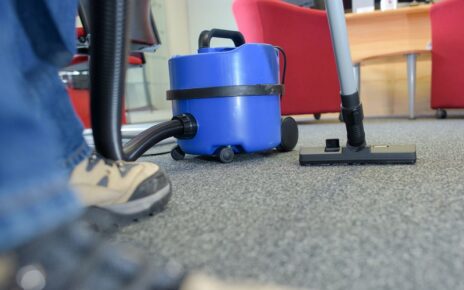Pest control is essential for maintaining a safe and healthy environment, but with a wide range of services available, knowing which approach to choose can be confusing. Two prominent options are vector pest control and residential pest control services, each with distinct advantages. This article explores the differences to help you decide which pest control method is the best fit for your needs.
1. Understanding the Scope of Vector Pest Control
Vector pest control focuses on managing pests that carry and transmit diseases. These “vectors” include mosquitoes, ticks, and rodents, which can spread serious illnesses such as malaria, dengue, and Lyme disease. Vector control efforts are often part of public health initiatives but can also be employed by property owners concerned about disease-carrying pests. This type of pest control usually involves targeting breeding sites, applying insecticides, and utilising traps or barriers to prevent the spread of these pests in the environment.
Vector pest control is ideal for outdoor areas prone to high populations of disease-carrying pests, especially during seasons when vectors are active. For homeowners living near water bodies or dense vegetation, vector control is a valuable method of reducing the risk of contracting vector-borne diseases. However, it may not provide comprehensive protection for indoor areas, where residential pest control services excel.
2. Focus of Residential Pest Control Services
In contrast, residential pest control services target pests commonly found within and around homes. This includes insects such as ants, spiders, and cockroaches, along with rodents that may nest indoors. Residential pest control services cover a broader range of pest species than vector control and are typically structured to prevent property damage and protect residents from health risks associated with infestations.
Residential pest control services are customisable and can be scheduled regularly to prevent recurring infestations. They utilise various methods, including inspections, chemical and non-chemical treatments, and exclusion techniques. These services are particularly beneficial for homeowners looking to manage day-to-day pest issues in and around the home rather than focusing on specific disease carriers.
3. Effectiveness in Different Environments
When choosing between vector and residential pest control, consider the environment where the services are needed. Vector pest control is most effective in outdoor settings where vectors are active, such as gardens, patios, and nearby wooded areas. These services focus on eliminating the sources that contribute to vector breeding, which can have a broader impact on pest populations.
On the other hand, residential pest control services are tailored for indoor environments and surrounding areas within the home perimeter. If you are dealing with frequent indoor pest sightings or suspect an infestation in hidden areas, residential services offer a targeted approach to eliminate these issues. For homes near vegetation or water sources, combining both services may enhance overall pest protection.
4. Health and Safety Considerations
Health and safety are significant factors in selecting a pest control method. Vector pest control often involves treatments designed to eliminate disease-carrying pests, making it essential for safeguarding public health. However, because these treatments are generally applied in open spaces, they are less likely to affect indoor air quality, making them a safe option for families concerned about exposure.
5. Long-Term Costs and Benefits
The cost-effectiveness of vector pest control and residential pest control services depends on the specific needs of the property and the frequency of required treatments. Vector control may require seasonal treatments, especially in high-risk areas, making it ideal for locations where vector-borne diseases are prevalent. Though more costly during peak seasons, it can be highly beneficial in reducing health risks.
In summary, vector pest control is a practical choice for those focused on reducing the risk of vector-borne diseases, particularly in outdoor areas. Residential pest control services, however, provide comprehensive coverage against various indoor pests, making it a more versatile solution for household pest issues. Assessing your specific pest concerns, the environment, and long-term needs will guide you in selecting the best solution.
For more information about pest control solutions, contact Kingpin Solutions today.





